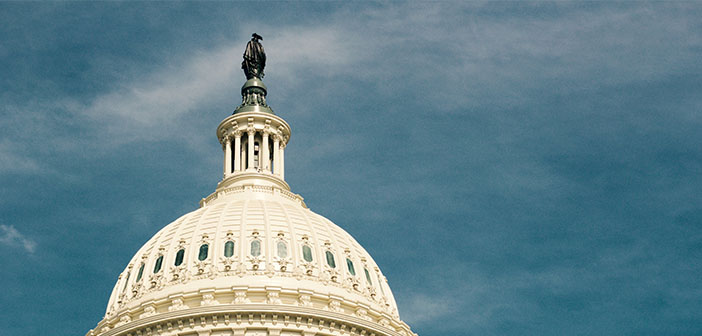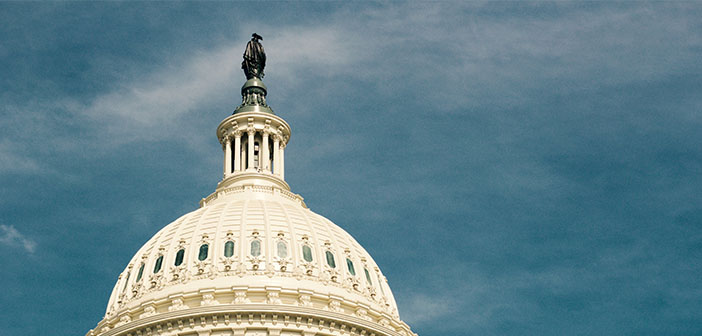
Three Democratic lawmakers poised to chair major House committees have each gone on the record saying marijuana reform will be on the agenda in the next Congress when they and fellow party members take control of the gavels.
Rep. Maxine Waters of California, who’s expected to chair the House Financial Services Committee, told The Wall Street Journal in an interview published Nov. 20, 2018, that “it’s inevitable we are going to have to talk about” how federal prohibition contributes to banking issues in the legal cannabis industry.
An amendment brought before the committee in 2017 that would have protected banks that work with marijuana businesses from federal punishment was blocked from a vote through a procedural move by House Republicans. The House did approve a similar amendment in 2014, in a 231-192 vote, but the provision was not included in the final language of annual appropriations legislation that year.
With Waters at the helm of the committee, there’s a strong likelihood that the issue will be taken back up after the Congress convenes in January.
Then, as Massachusetts launched its first day of adult-use cannabis sales on Tuesday, the state’s Reps. Jim McGovern and Joe Kennedy III — who made a surprise reversal on his opposition to legalization — called for federal marijuana reform. McGovern will be uniquely positioned to get that done as he takes over control of the powerful House Rules Committee from prohibitionist Republican Rep. Pete Sessions, who lost his reelection fight this month.
While Sessions has refused to let even broadly supported bipartisan marijuana amendments go to the House floor for votes, McGovern told MassLive that the committee will stop impeding progress on the issue.
“We’re going to have votes on marijuana reform,” he said. “I’m not going to block marijuana amendments like my predecessor has done.”
“As chairman of the Rules Committee, I’m not going to block marijuana amendments. People ought to bring them to the floor, they should be debated and people ought to vote the way they feel appropriate.”
McGovern, who also told the Boston Globe in a separate interview earlier this month that he would allow votes on cannabis proposals, cited policies barring military veterans from getting medical marijuana recommendations from their U.S. Department of Veterans Affairs doctors as an example of a problem “we ought to fix.”
Finally, over in the House Judiciary Committee, the expected incoming chairman, Rep. Jerrold Nadler of New York, recently said marijuana and other “softer drugs” should be legalized and regulated.
“From everything we have learned, people are going to do drugs,” Nadler said in an interview with New York City public radio station WNYC’s “The Brian Lehrer Show.” “And certainly the softer drugs like marijuana, there’s no good reason at all that they cannot be legalized and regulated properly.”
“The major effect of the war on drugs has been to fill our prisons with huge numbers of people to no great effect except to waste money and to ruin lives,” he said.
The committee Nadler is set to run is responsible for oversight of the Drug Enforcement Administration (DEA) and other federal law enforcement agencies. In his capacity in chairman, the congressman will have the means to bring cannabis legislation and other drug reform bills up for a vote.
Rep. Earl Blumenauer of Oregon, a leading proponent of marijuana reform on Capitol Hill, mentioned two of these committees — judiciary and financial services — as part of a comprehensive memo he recently sent laying out how Democrats can advance cannabis reform in 2019.
Lawmakers should hold a “hearing on descheduling marijuana” in the Judiciary Committee and also hold a hearing on “barriers to the safe access of banking services and capital as well as unnecessary and unwise barriers to banking services for state legal marijuana businesses,” he wrote. The memo also calls for hearings in a number of other House committees like the House Veterans Affairs Committee.
“For too long, under Republican leadership, these issues have not been allowed to be fully debated,” Blumenauer said. “We must change that approach. Almost every standing House committee has jurisdiction over some aspect of marijuana policy.”
This article has been republished from Marijuana Moment under a content syndication agreement. Read the original article here.











